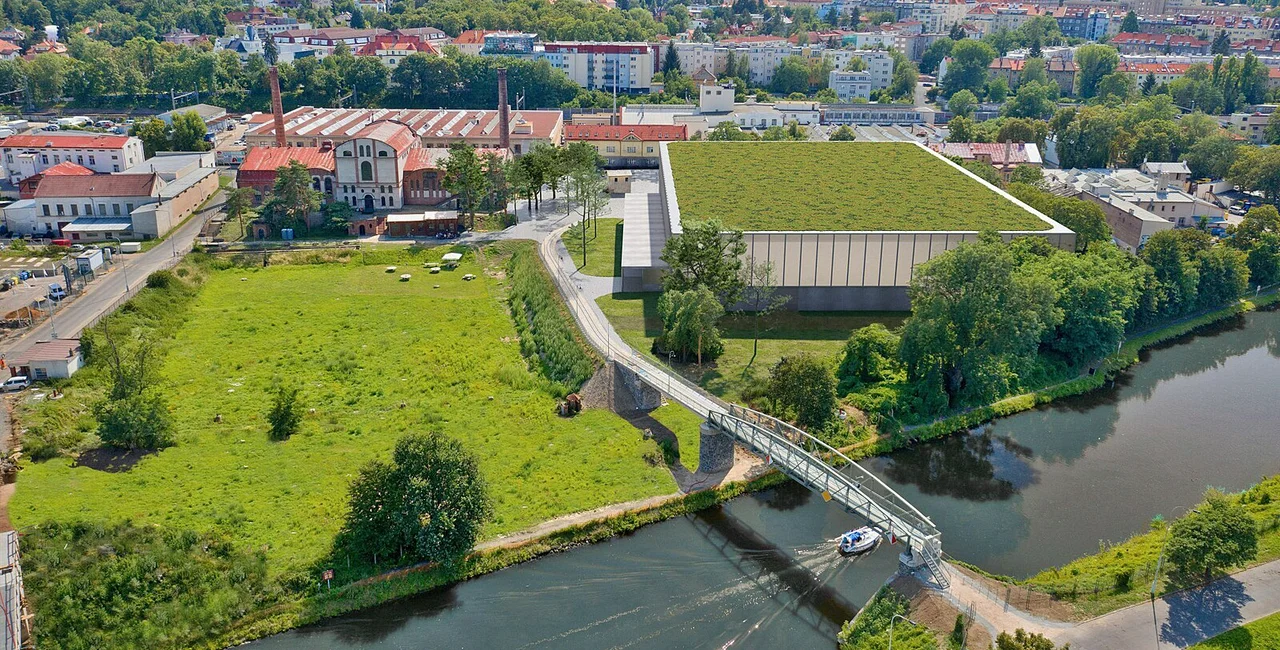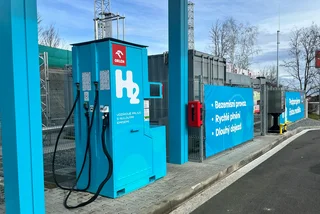A new, billion-crown project in Prague aims to turn wastewater into energy that up to one-third of the capital can use, iDnes reports. The so-called Energocenter at the Central Wastewater Treatment Plant in Bubeneč will use high-capacity pumps. About 96 percent of wastewater in Prague passes through the treatment plant at present. If planning goes as scheduled, testing operations should start at the end of this decade.
An expensive project for affordable energy
Estimates show that the cost of wastewater-derived heat would be around CZK 750 per gigajoule – slightly cheaper than current energy costs from electricity and gas sources. The heated wastewater can reach up to 95 degrees Celsius after being processed at the Bubeneč plant.
The estimated cost of the project is CZK 7.5 billion, and it will be built on (or adjacent to) Císařský ostrov (Emporer’s Island) in Prague 6. Owing to the high amount of electricity and raw materials needed to construct the plant, however, this price could well become even higher.
In 2022, over 70 million cubic meters of wastewater were processed by sewage plants in Prague. Data from the Czech Statistical Office shows that residents of the capital consumed an average of almost 90 liters of water per day in 2022.
Tomáš Voříšek, technical director of the independent consulting company SEVEn"Each cubic meter [of wastewater] contains more usable energy than, for example, a cubic meter of natural gas. We are getting a huge opportunity to use this water to obtain heat for Prague"
Aiding the community
The project will also bring positive impacts for local sports and recreation – namely for kayaking and other watersports – as it will help to stabilize the flow of the river in this part of Prague.
The conversion of wastewater at the plant could also provide energy to the planned Vlatava Philharmonic Hall and the surrounding area, which is due to be built in the coming years.
With surging energy costs and broadly increasing energy consumption in the past decade, the creation of the new plant will be of environmental benefit to Prague and should align with governmental plans to make Czechia greener.












 Reading time: 2 minutes
Reading time: 2 minutes 



























